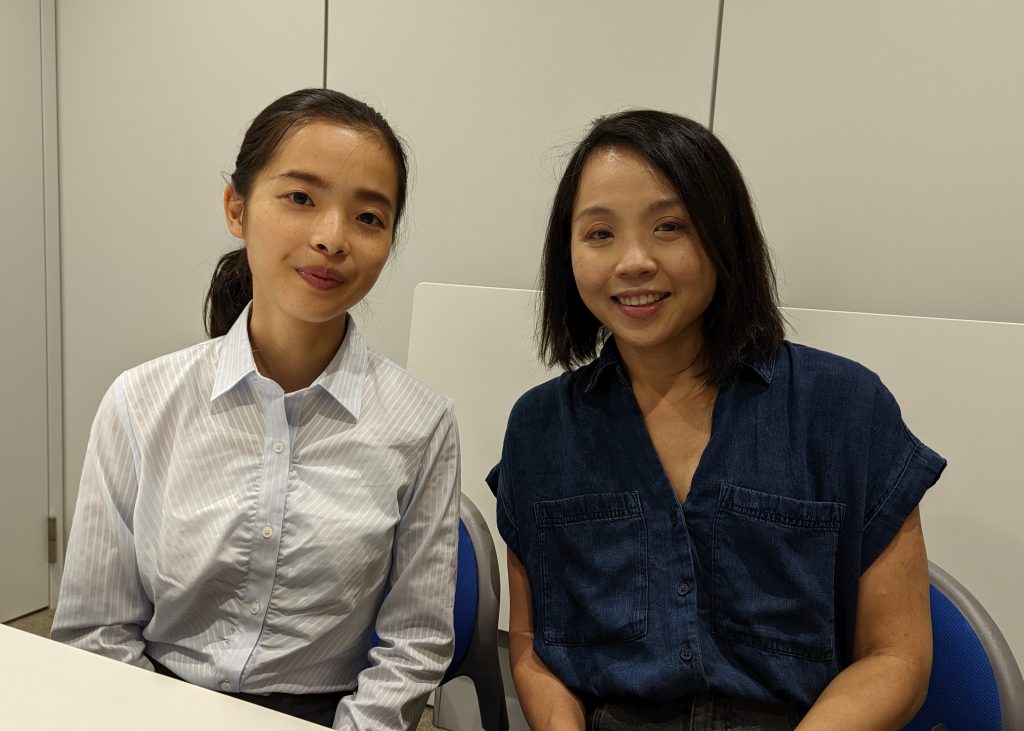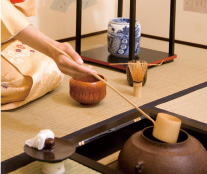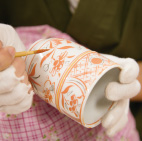Kyoto is the cultural center of Japan, a place where traditional cultures have flourished. At the same time, there are attempts to develop those cultures from a new perspective.
Ling Ong started up KOUad in 2020, aiming to promote Japanese crafts and philosophy overseas and further develop them with craftspeople. How did she get started KOUad and what are her thoughts on the business?
Challenges as a foreign entrepreneur
Ong previously worked as a property developer in Singapore and came across Japanese crafts used in interior design. Fascinated by Japanese crafts and their philosophy, her business focus shifted to Japanese crafts.
She then decided to start up her company in Kyoto, where keeps alive Japanese culture and traditions and nurtures craftspeople.
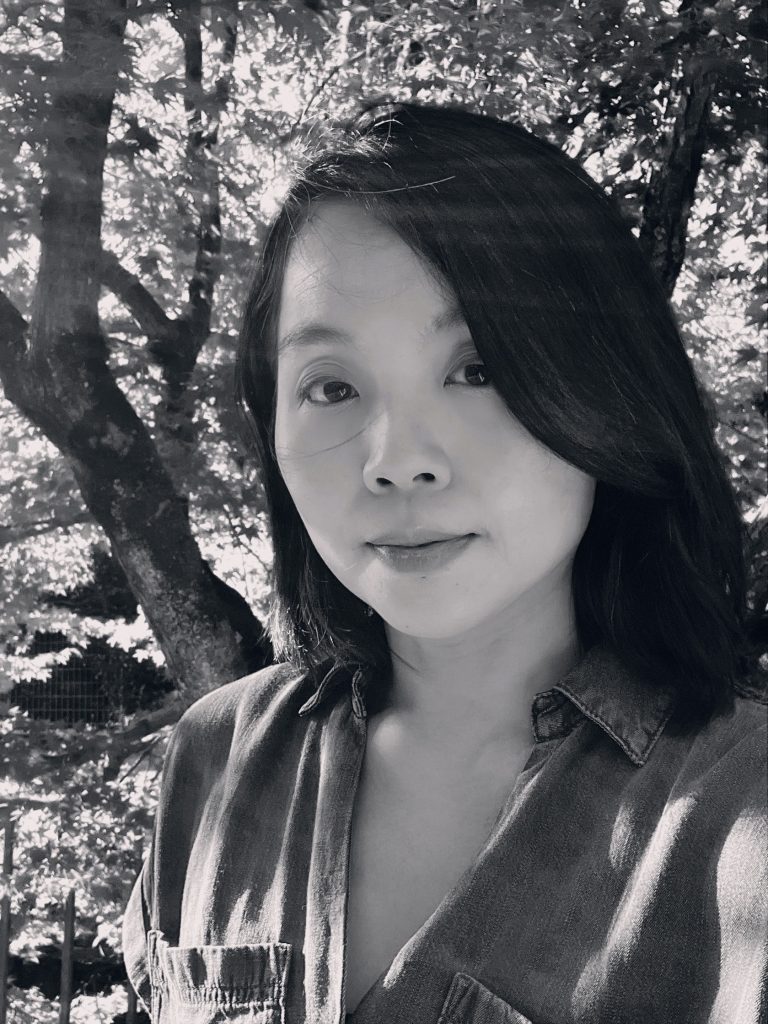
Establishing a company is never easy. For foreign entrepreneurs, it is even more so due to visa, documentation requirements, language barriers, etc…How did she overcome these challenges?
The visa she obtained was a “startup visa,” which is intended to encourage foreign entrepreneurs to establish companies in Japan.
Compared to other visa statuses, startup visa is characterized by relaxed requirements during the period of stay and expert advice such as visa applications and company registration in the process of starting a business.
She recalls, ” Starting with visa applications, company registration, opening bank accounts, administrative procedures to start a business took a long time and a lot of effort. But thanks to JETRO’s support in English, the process went smoothly”.
(JETRO (Japan External Trade Organization) Kyoto can assist the applicants in Kyoto in English and Japanese. For those who obtained startup visas, it offers a consultation as well.)
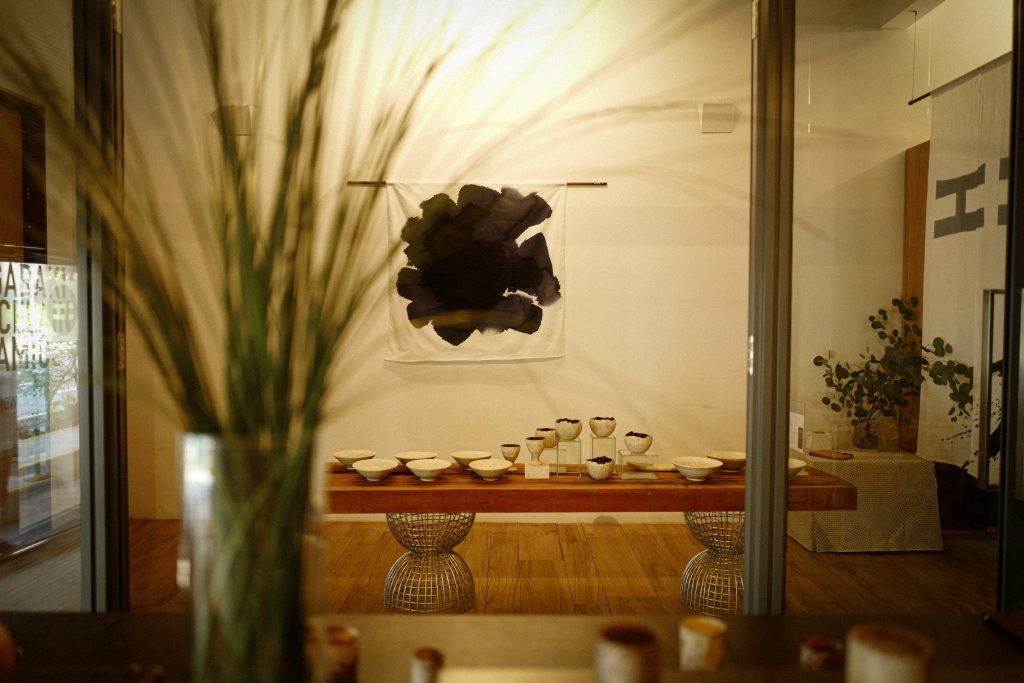
Once the company was registered, another hurdle awaited her. When visiting craftspeople to purchase crafts, “I was repeatedly turned down simply because I was a foreigner”, says Ong. Japanese people value trust as a business partner, so she had a hard time demonstrating the credibility of her startup.
Her passion, however, never wavered, no matter the challenges. She visited craftspeople again and again, and those craftspeople, moved by her passion, became her business partners. With each experience, her reputation and trust grew, and now her partner craftspeople refer her to other craftspeople.
The Embodiment of “KOUad”
Overcoming these challenges, KOUad took off with B2C projects first. As for B2C projects, KOUad sells Japanese crafts to customers, and at the same time, introduces the craftsperson and their thoughts behind a piece. KOUad also collaborates with craftspeople to design and produce new products.
“Our job is telling stories”, says Ong. This characterizes KOUad’s business style, co-creating the value of crafts with craftspeople.

The name of the company reflects this idea: KOU (工: craftsman’s work or technique) ad (shortened form of “add”), meaning to co-create the value of the crafts with the partnered craftspeople.
This innovative marketing style globally attracts customers. In the past two years, KOUad held three showcases, the latest in Singapore in August 2022. The showcase, exhibiting Japanese pottery along with the philosophy and story behind them, was warmly received by Singaporeans.
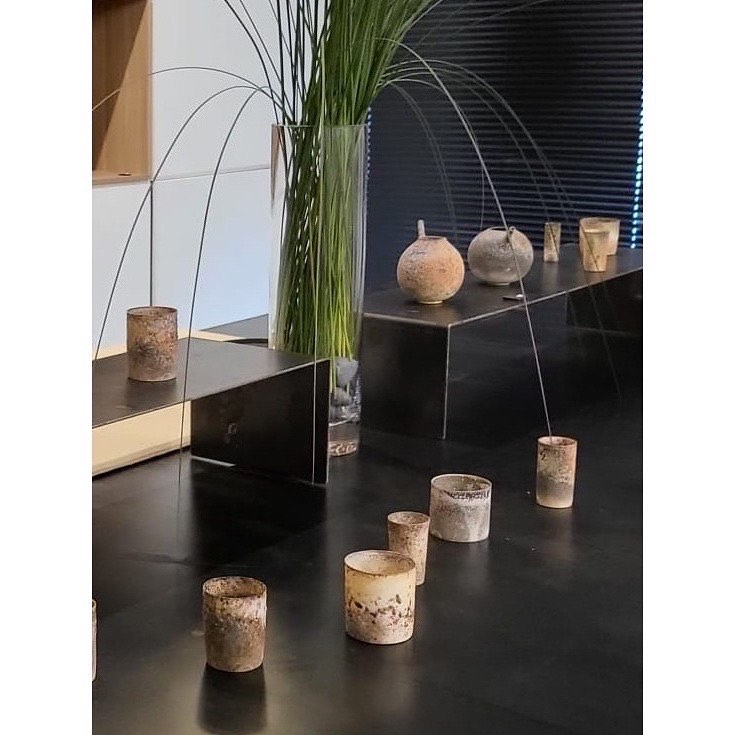
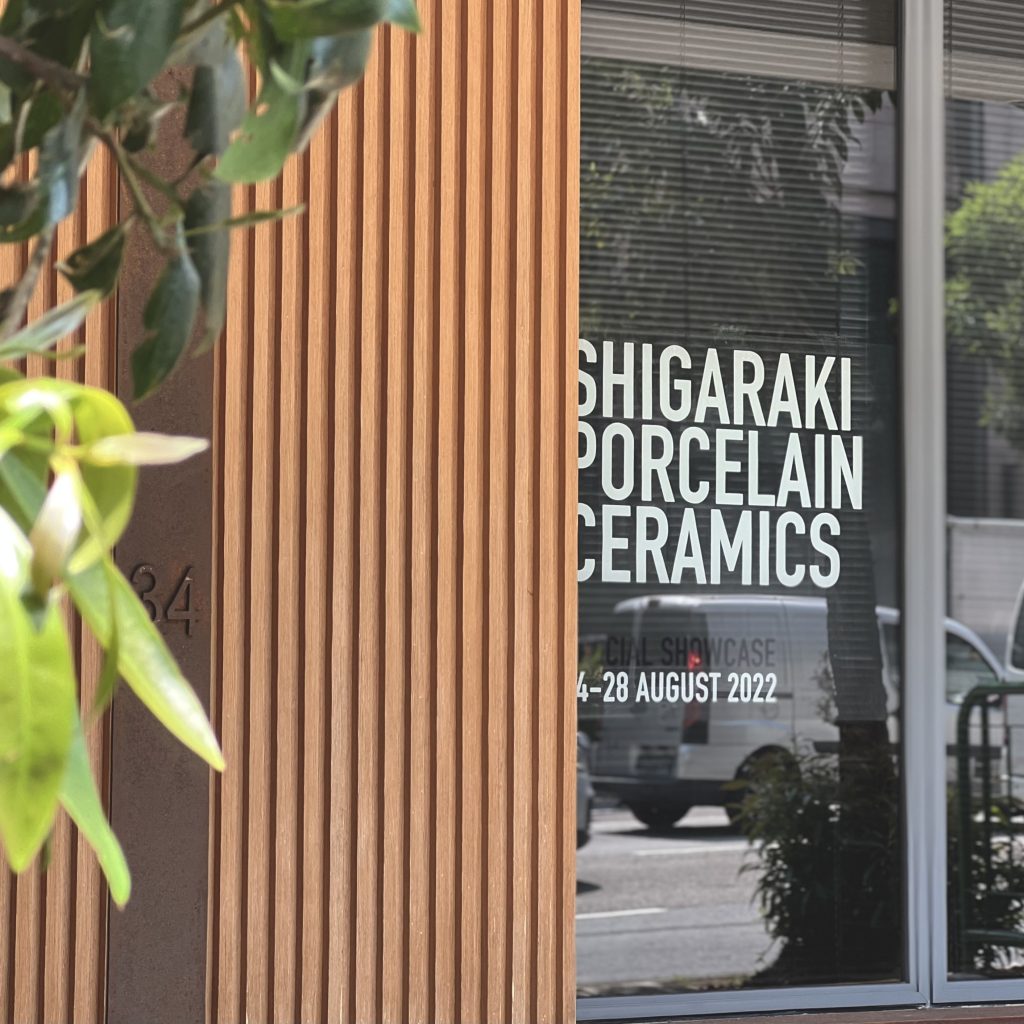
This is a reflection of the popularity of Japanese crafts and the global recognition of the aesthetic spirituality behind them, something she is trying to achieve through her business.
Cultivating the possibilities of Japanese crafts
Though B2C is currently the mainstream of KOUad, there is another pillar of the business, B2B.
Based on the market recognition of Japanese crafts, their philosophy, and their brands through B2C projects, KOUad is exploring the possibilities of Japanese crafts through B2B projects.
In collaboration with designers, builders and craftspeople, KOUad delivers innovative use of Japanese materials in home design primarily in Southeast Asia.
Applying Japanese crafts to local housing will foster new potentials for Japanese crafts.
Ong also explains that Southeast Asia, its major business market, shares materials for traditional crafts such as bamboo with Japan, and thus Japanese traditional crafts can be promoted locally.
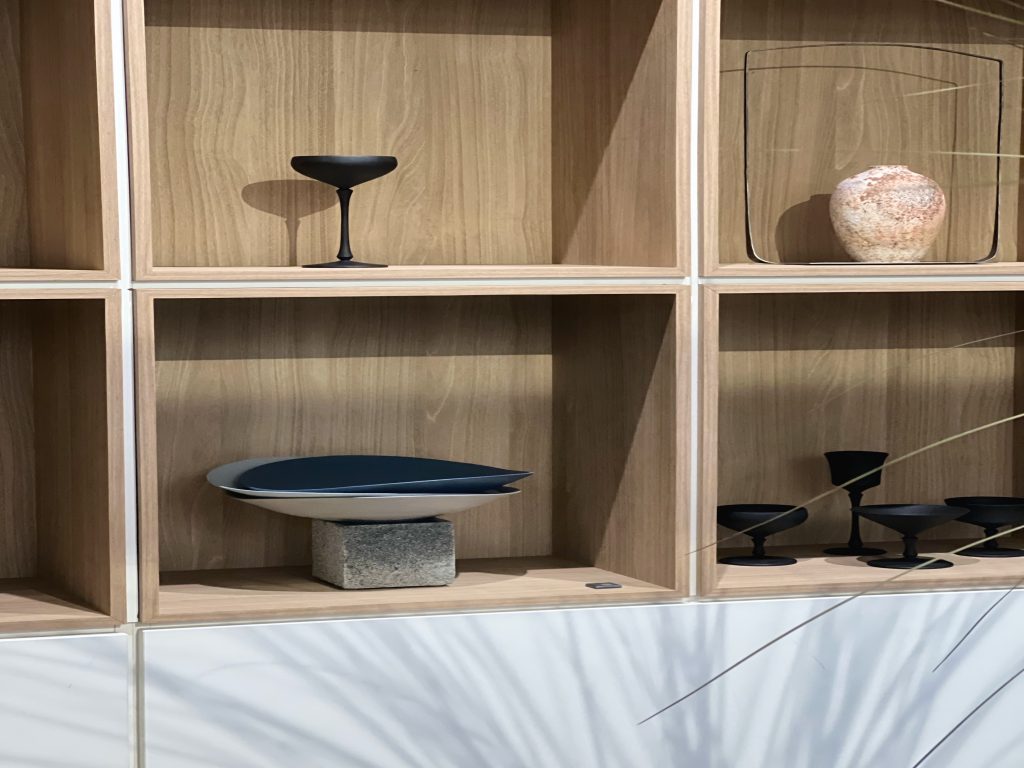
Since capturing market needs with such a novel concept requires several steps, which is why KOUad is developing two pillars at the same time. As global markets appreciate the Japanese crafts and aesthetic spirituality have been established by the B2C projects, KOUad is now in the phase of developing B2B and cultivating new market value for Japanese crafts.
The future of KOUad and Japanese crafts
Ms. Ong explains the driving force to move her business forward, “Just as Japanese craftsmen need passion to complete their work, the business cannot thrive without passion.” Opening a business has not been easy, but her passion for Japanese crafts gets craftspeople and her business partners involved.
With partner craftspeople, KOUad will keep fascinating worldwide customers. What is next for KOUad and Japanese crafts?
[Hinako Yano]
